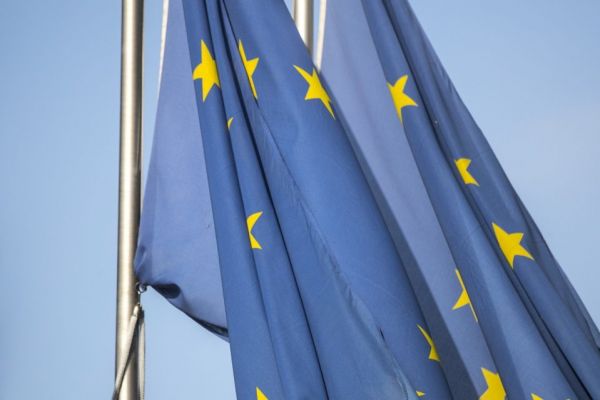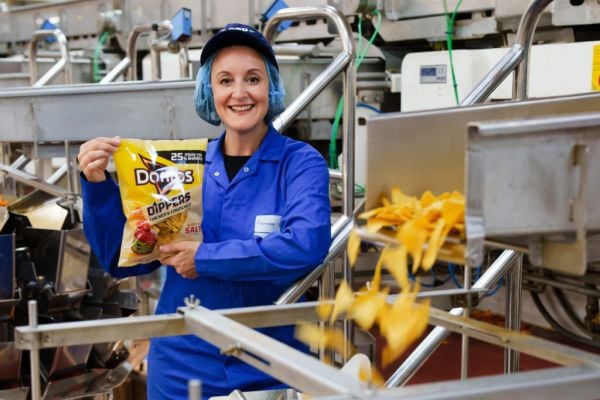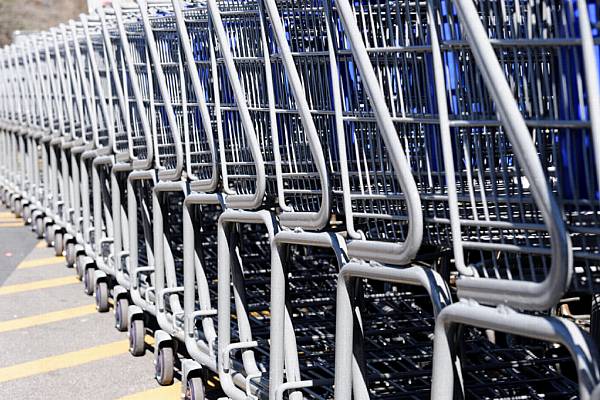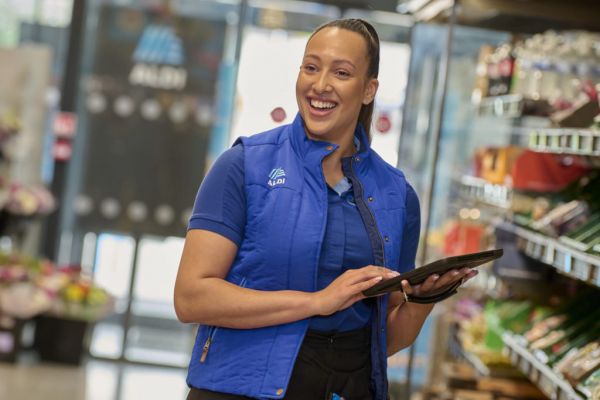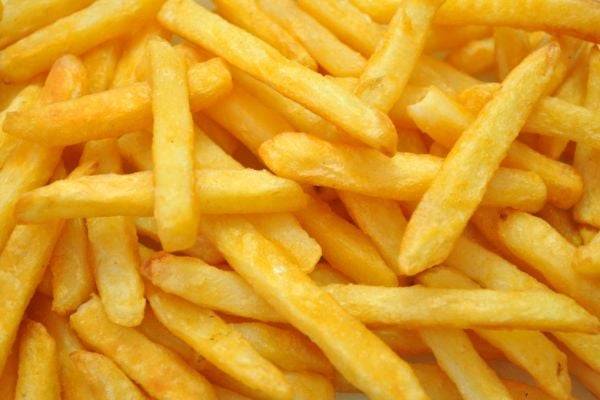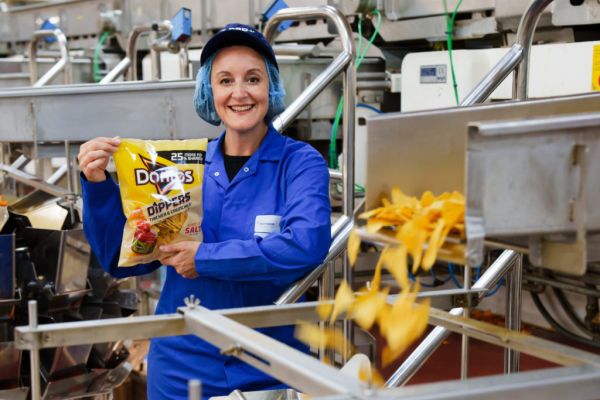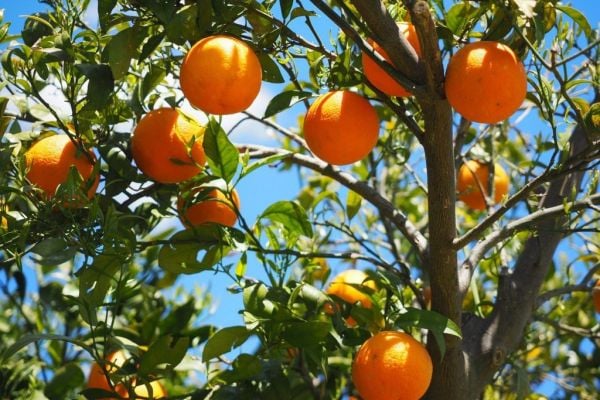The European Union and Australia have failed to conclude talks on a planned free trade agreement after differences remained unresolved, notably on agricultural products, the two sides said.
The EU and Australia opened negotiations in 2018 and had hoped to conclude talks this week. However, differences remained, particularly over the degree to which the EU will open its markets to Australian farm products, notably beef.
"We regret it was not possible to conclude our talks with Australia this week. We made progress but more work is required to address key outstanding issues," a European Commission spokesperson said.
Australian trade minister Don Farrell said officials on both sides would continue negotiations and seek to meet again in August.
"As we've said all along, Australia needs meaningful agricultural access to European markets," he told reporters in an impromptu press conference in a park in central Brussels.
Australia is keen to have wider access to EU markets for its beef, lamb, dairy products and wines, much of which are subject to tariffs and quotas.
"I'm optimistic that with some goodwill, some hard work, some perseverance, we're going to get there," Farrell said.
Trade Diversification
Both sides are looking to diversify trade, the EU in particular following the aftermath of Russia's invasion of Ukraine and Australia after major trading partner China imposed blocks on a raft of Australian farm products in a 2020 political dispute.
An agreement could also help the EU in its search for critical raw materials for its green and digital transition and reduce its reliance on China. Australia is the world's largest producer of lithium.
Negotiations are also continuing over greater EU access to Australian energy and raw material products, as well as services.
The EU has said a trade deal with Australia could add up to €3.9 billion to EU gross domestic product by 2030, with machinery, metals, electronic equipment and chemical manufacturers, automakers and food and drink producers benefiting.
Australia sees gains for its agricultural exporters and services providers, with more access for Australian businesses to invest in Europe.
New Zealand, EU Trade Agreement
Meanwhile, New Zealand and the European Union signed a free trade agreement earlier this week after negotiations were completed in 2022, with expectations it will come into force in the first half of 2024.
New Zealand's minister for trade and export growth Damien O’Connor said the trade deal will cut costs and support exporters to grow and diversify their trade.
“This new access will help to accelerate our post-COVID recovery, while providing a boost to our regions as they grapple with the longer-term effects of Cyclone Gabrielle,” he added.
The agreement was signed in Brussels by O’Connor and the EU executive vice president and trade commissioner Valdis Dombrovskis.
The statement added it is anticipated that the NZ-EU FTA will enter into force in the first half of 2024, once both parties complete the final required legal steps.
Trade Deal With The UK
Elsewhere, Queensland Sugar Limited said the first shipment of raw sugar to Britain under the free trade agreement between the two countries was loaded in the port of Townsville.
Under the Australia-United Kingdom free trade agreement, which came into force on 31 May, tariff-free raw sugar exports to the UK have resumed for the first time in 50 years, the Australian raw sugar producer said in a statement.
The sugar is destined for Tate and Lyle Sugars' Thames Refinery in London.
QSL chief executive officer Greg Beashel said around one-third of Australia sugar exports had been shipped to Britain before the market was effectively lost when the UK joined the European Union in 1973.
The tariff-free raw sugar quota for Australian shipments to Britain had been initially set at 80,000 metric tonnes and will be gradually increased until tariffs are completely eliminated on 1 January 2031.
Tate and Lyle Sugars is a part of the Florida-based ASR Group.
